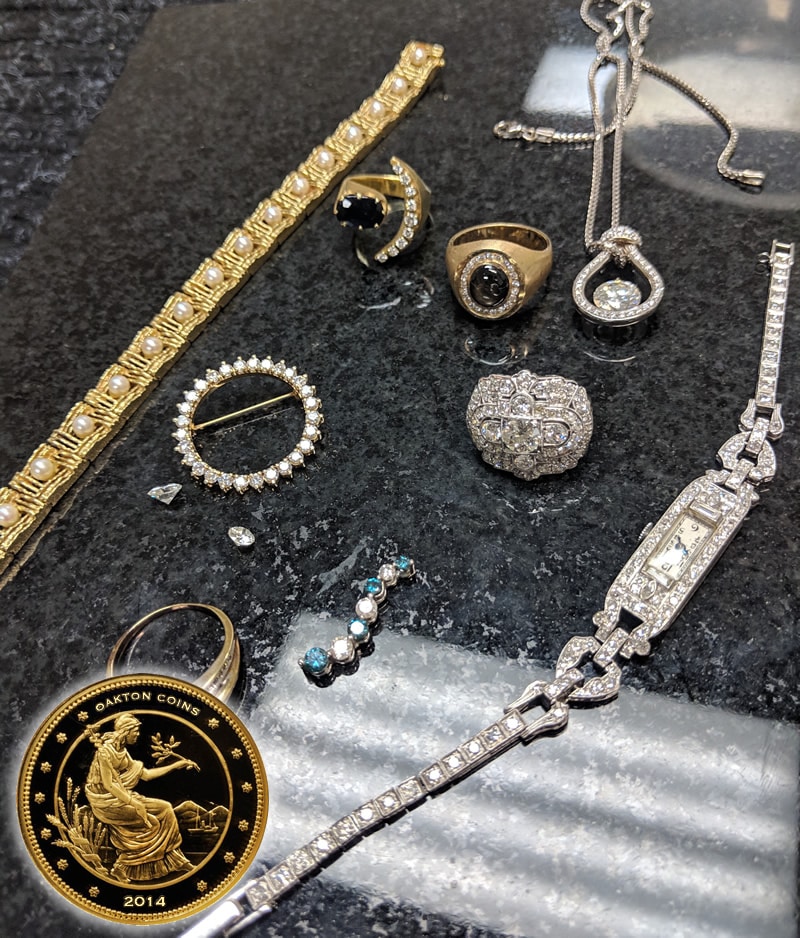Do you Hate to Haggle?
 Shop competing dealers to compare prices on the same vehicle, L’case Bangkok with the same or similar features. If not, ask if they can obtain one from a dealer in another area. Ask if the dealer has the vehicle in stock, exactly as you want it equipped. Don’t allow the salesperson to “steer” you toward a more expensive vehicle or a version that includes features you don’t want. Still, this can give you an idea of how willing the dealer is to negotiate. Never put a deposit on a car just to get a price quote. You’re not likely to get the dealer’s “best” price for a vehicle just by asking (you’ll usually have to dicker to obtain it).
Shop competing dealers to compare prices on the same vehicle, L’case Bangkok with the same or similar features. If not, ask if they can obtain one from a dealer in another area. Ask if the dealer has the vehicle in stock, exactly as you want it equipped. Don’t allow the salesperson to “steer” you toward a more expensive vehicle or a version that includes features you don’t want. Still, this can give you an idea of how willing the dealer is to negotiate. Never put a deposit on a car just to get a price quote. You’re not likely to get the dealer’s “best” price for a vehicle just by asking (you’ll usually have to dicker to obtain it).
Cash rebates are often advertised. As an alternative, you might get a low-interest loan. These consist of a check made out from the automaker to the buyer, and they can usually be applied to your down payment. Do the math to determine which is best: the low-interest loan or the cash in hand. Only the best credit risks qualify for the lowest rates. Rates typically range from 0.9 to 7.9 percent APR (annual percentage rate), but they can be as low as zero-percent for shorter-term loans. If you have weak credit, or little credit history, the rate you’ll be offered is certain to be higher — often a lot higher.
Don’t be swayed by low monthly payments if they result in paying a higher total price than is warranted. A federal gas-guzzler tax is levied on cars that average less than 21.5 mpg in combined city/highway driving based on the EPA’s fuel economy estimates. Too many shoppers think of little beyond the monthly payment, and are easy prey for salespeople who adjust figures to fit that requirement, but which wind up with a far greater total price paid by the end of the contract term. For more information on car buying and selling, check out the links in the next section. Uncle Sam has ways of encouraging you to save fuel.
While the nation’s economic recovery has been sluggish during the past year or two, new vehicle sales remained reasonably strong, topping 16.86 million units in 2004. That was an increase of just 1.5 percent compared to 2003, according to the National Automobile Dealers Association (NADA). So, automakers have to fight for every sale. With so many brands and types of vehicles to choose from, consumers have more possibilities than ever.
That’s human nature. Paying a few dollars more than rock-bottom isn’t a tragedy when you’re talking about a purchase that runs to many thousands of dollars. An auto broker works with a network of dealers to shop on behalf of the buyer for the best price on a new vehicle. Here’s how to minimize–or even skip–that sometimes-uncomfortable part of the new-car buying process. Alternative choices range from auto brokers and buyers’ agents to buying clubs and online services. They operate differently, but these options usually offer a low-price, no-haggle approach to obtaining a new car or truck. Do you hate to haggle?


